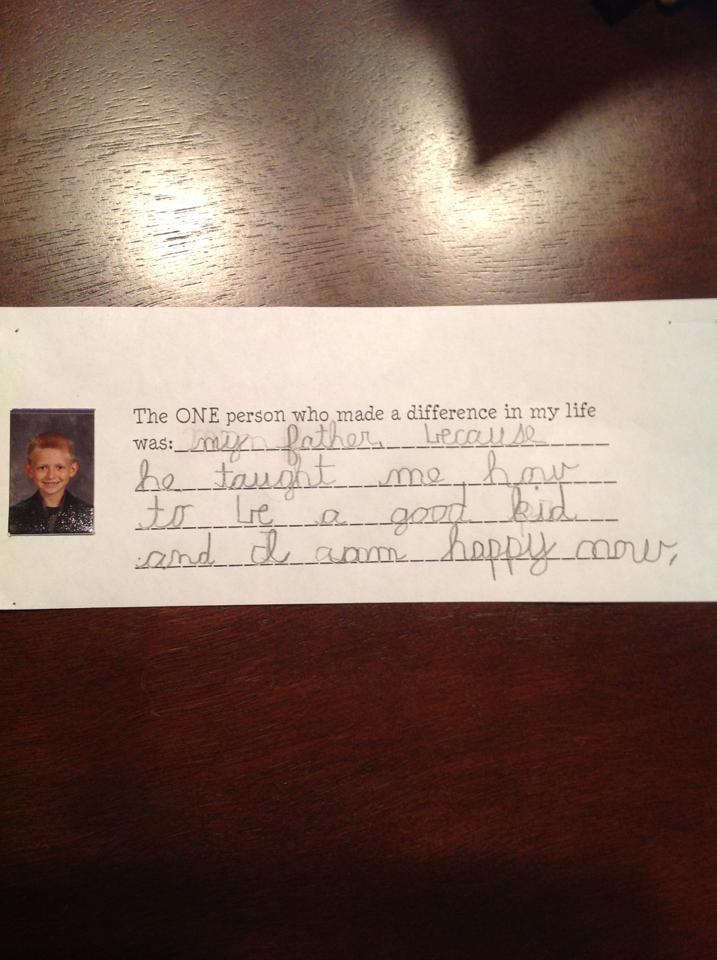BPD is a devastating disorder-both for the person who has it and their family members. Partners often find themselves becoming isolated, losing both family and friends to the craziness and jealousy that sometimes comes with living with a BP partner.
The Effects of Isolation
Isolation is an extremely powerful weapon. It can be used to break people down, causing them to lose hope, self-esteem, and even their individuality. It is effective and swift.
It very unlikely that your partner is consciously using isolation as a tool to get what they need. But it doesn’t matter. It works just the same.
Following are some questions to help you determine if you have become isolated:
· If so, is it because your partner insisted you stop visiting others, was jealous of other friends, or made threats?
· Would you be embarrassed if people knew about your private life?
· Are there absurd “rules” you must follow that you would never tell anyone? For example, one BP was furious at her husband because of the way he chewed. So for the next 15 years of the marriage, he ate in the kitchen. His children thought all fathers ate in the kitchen and were surprised to learn it was different at their friends’ houses.
· Have you made large sacrifices for your partner that have taken you away from friends and family for a long time? For three years, one husband worked two jobs and took care of their three children by himself to avoid “stressing” his BPD wife. Yet at a group therapy session, she angrily claimed he had done “nothing” to support her in years.
· Do you feel so responsible for your partner that you avoid leaving the house?
· When was the last time you made a new friend, took a class, went to a movie your partner didn’t want to see, or took a day trip out of town?
· If you’re on the phone when your partner comes home, do you quickly hang up to avoid answering questions about the call?
· Do you avoid contact with members of the opposite sex when you’re with your partner so you won’t be accused of wanting to have an affair?
Credit: Randi Kreger www.BPDCentral.com Continue reading →

 Illinois Divorce Lawyer Blog
Illinois Divorce Lawyer Blog



